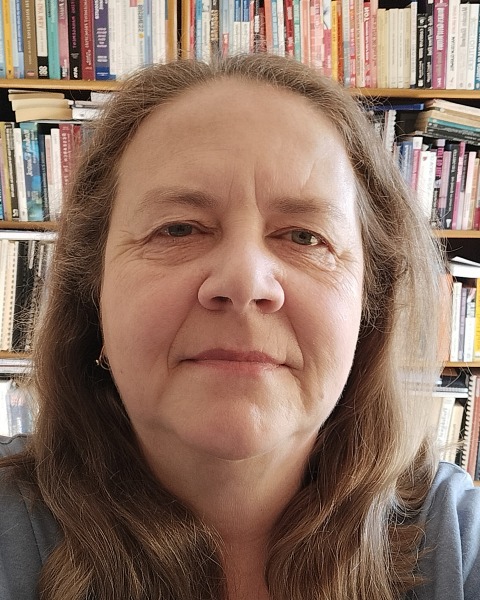Multipaper
Stories from the People: Facilitating Community Engagement through Innovative Participatory Approaches
Using visual stories to enable hearing
Friday, October 13, 2023
11:30 AM - 12:30 PM ET

Madri S. Jansen van Rensburg, PhD Consulting Psychology (she/her/hers)
Owner
Resilience Analysis Consulting
Johannesburg, Gauteng, South Africa
Presenter(s)
Storytelling is critical in African cultures, and narrative approaches are widely used in evaluation work. Stories ensure broader participation and enhance the voices of those who are not able to, allowed to express themselves or whose voices are not valued (e.g., women and children). Evaluators find it challenging to work cross-culturally. Most African countries consist of many cultures and language groups, and even working in a single community brings linguistical challenges. Visual methods alleviate the restrictions posed by only using verbal means. Various visual methods that have been proven useful, valid, reliable, and trustworthy allow application in different circumstances. However, evaluators seem to shy away from visual methods, primarily due to a lack of confidence or inability to unlock their own creativity. The main challenge is not giving voice to people but enabling and enhancing listening by evaluators and audiences of evaluations. Visual and narrative methods play an essential role in community ownership and activating social action. However, without evaluators being able to listen and make sense of the narratives, the potential remains limited. I argue that visual stories unlock not only participation but also the ability to hear, including the evaluator/facilitator and the wider stakeholders. The presentation will include examples of different visual approaches from Africa. It will furthermore report on engagements in South Asia where methods were shared during EvalFest conferences and thematic consultations with other artist evaluators.
